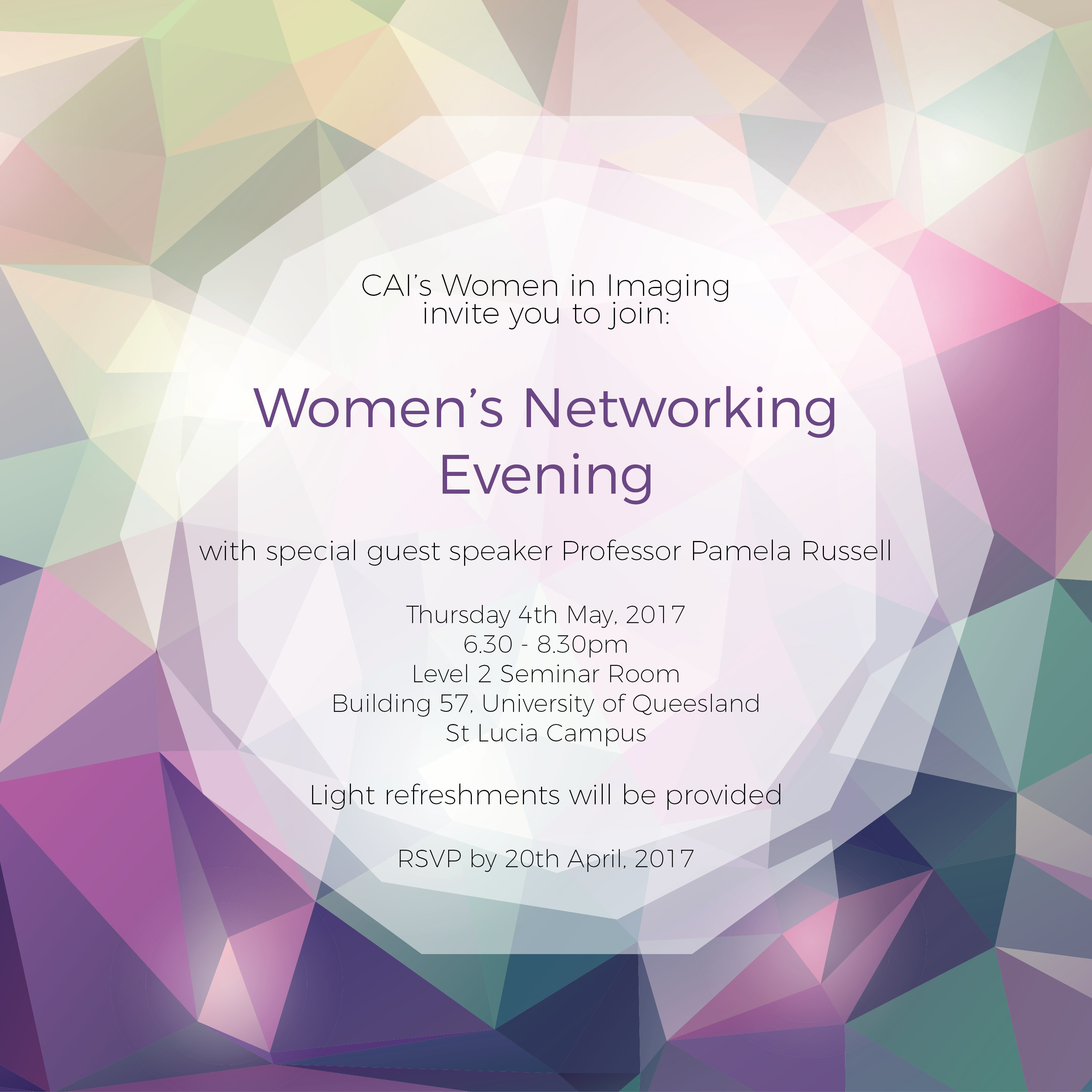As part of the national Science in Australia Gender Equity (SAGE) Athena Science Women’s Academic Network (SWAN) charter, UQ aims to address and improve gender equity in the science, technology, engineering, mathematics and medicine (STEMM) disciplines.
CAI values diversity and inclusivity, and aims to attract and retain the highest quality staff and students irrespective of background. CAI actively encourages an awareness of equity issues and positive behaviours and is committed to providing an inclusive and productive work environment for all Centre members and visitors.
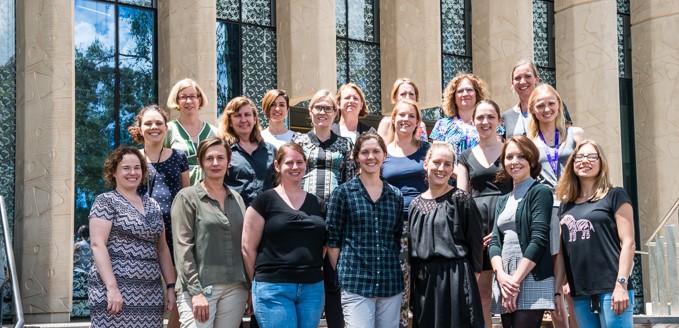
EOI: Leadership Study Group
Submit your expression of interest to join our upcoming Leadership Study Group. You will receive more details following submission.
Networking Opportunities
Past events:
Special evening and networking events
Wednesday 8th March 2023
Wednesday 10th March 2021
In line with the International Women’s Day (IWD) 2021 theme #ChooseToChallenge, the WII annual event theme is Women in Leadership and showcased the inspirational stories and journeys of successful women across STEMM leadership.
Women in Imaging 2021 heard the journeys of special guest speakers in research and clinical practice. This was followed by open discussions and networking opportunities over canapés and drinks.
Thursday 7th March 2019
Celebrating International Women's Day, CAI Women in Imaging hosted a special evening and networking event, bringing together the journeys of our imaging community.
Women in Imaging: Our Journey heard the journeys of special guest speakers in research and clinical practice, followed by open discussions and networking opportunities.
Networking was held over complimentary canapés and drinks at the Terrace Room, The University of Queensland, St Lucia.
More details
Workshop
Wednesday 7th March 2018
The CAI Women in Imaging hosted a special lunchtime workshop with guest speakers, panel and group discussions. The first hour included a series of 15 minute talks from our speaker panel. Speakers discussed a range of topics affecting women in science and business. Open forum discussions over a light lunch followed.
Thursday 4th May 2017
Innaugural Women in Imaging Networking Evening with special guest speaker Professor Pamela Russell.
Other Groups
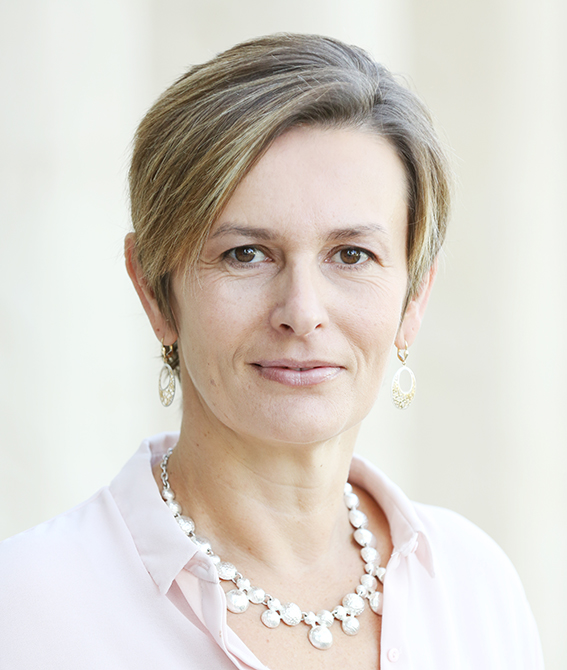 Dr Karine Mardon
Dr Karine Mardon
What is your area of study and stage of career?
I have a PhD in Radiopharmacology and currently working as a NIF Facility Fellow and an academic level C at The Centre for Advanced Imaging. My area of study is Molecular Imaging.
How did you get into your field?
I did my PhD in a nuclear medicine department in a Hospital in Paris and I have always been very interested in the field of imaging, particularly Positron emission tomography (PET).
Why do you love what you do?
I love to be able to see inside the body, slice by slice, non-invasively without the need to use a scalpel. I really enjoy developing and studying new radiopharmaceuticals, particularly in the field of oncology and neurology.
What are your goals for your career?
I would like to be able to use my expertise to help to make a difference in the diagnosis and treatment of cancer and neurological diseases. There are big goals and I hope that I can see a cure for cancer before my retirement. This will be amazing.
Why should more women be doing STEMM (Science, technology, engineering, maths and medicine)?
The field of Science, technology, engineering and maths is so vast that you can study anything you are interested on…choose a field that excites you and you ’ll not regret it. The main thing is to enjoy the work you are doing. Science will stimulate your brain cells every day with new challenges and problems that you will be proud to solve at the end of every day.
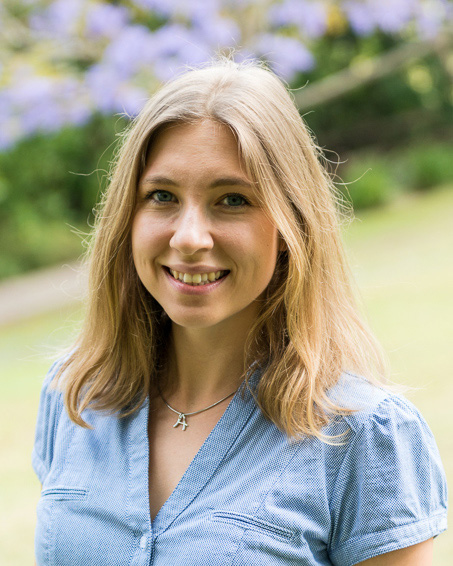 Dr Alina Motygullina
Dr Alina Motygullina
PhD graduate and CAI alumna
What is your area of study and stage of career (2018)?
I am a 2nd year PhD candidate working in the field of Electron paramagnetic Imaging (EPR). My project involves developing imaging agents for the purpose of in vivo EPR Imaging (EPRI), as well as developing the EPRI technique and working on image reconstruction algorithms – this is my favourite part of the research because it is both challenging and creative.
How did you get into your field?
My path to EPR looks more like a maze than a straight line. I have a degree in Medical Physics but my early introduction to research was disrupted with work and family commitments. I was often questioned about why I couldn’t just be like a ‘normal girl’ – to have a regular job and start a family. After graduating, I worked for the Fujitsu Group in Russia for 4 years as a project manager, it was a great experience in people and project management and customer service. Over time I realised how much I wanted to return to academia and run scientific projects, so here I am, researching again.
Why do you love what you do?
As Steve Jobs said: “The only way to do great work is to love what you do”. What I love about science is that it exposes you so many different things. You are planning your experiments, organizing your time and other people to help you, boosting your analytical skills, gaining skills in presenting and public speaking, and so much more! That is why I love what I do. Science will never be a routine, it’s very dynamic. You can push your comfort zone every time, be open to new knowledge and experience every day, learn, apply what you’ve learned immediately, communicate your results, ask right questions, take responsibility and make your project what you want it be. There’s no time to be bored!
What are your goals for your career?
My first goal is finishing my PhD. My project is going well and I am happy with its progress. My next step is still a mystery. I would like to secure a postdoctoral position or otherwise continue to work in imaging in some way. Watch this space.
Why should more women be doing STEMM (Science, technology, engineering, maths and medicine)?
Well, why shouldn’t they? Women simply should have the choice to do whatever they want. I believe this should be encouraged from an early age. We all, men and women, have the same level of curiosity and ability to learn. However, sometimes social stereotypes prevent us from making our own choice and make us choose the path that is considered to be proper. When we overcome all these stereotypes 100%, I believe more women will choose STEMM naturally, without any additional encouragement. This is the main aim of my personal vlog.
Will higher percentage of women in science make a positive difference? Absolutely. Men and women have their own strengths and weaknesses. Working together and helping to each other, we can make this world a better place!
EOI: Leadership Study Group
Submit your expression of interest to join our upcoming Leadership Study Group. You will receive more details following submission.
UQ Programs for Gender Equity
The University of Queensland Strategic Plan 2014-2017 outlines that it will strive to support the career progression of women, with a particular focus on the career progressions of academic women.
Gender equity is achieved when people of all genders are able to access and enjoy the same rewards, resources and opportunities. Research has shown that for a number of reasons women often experience barriers or challenges in accessing these same rewards, resources and opportunities in employment. The University is committed to providing specific support programs to address and remove these barriers. A number of programs exist, targeting the multifaceted aspects of gender equity.
UQ Career Advancement for Senior Academic Women
The role of Professor at The University of Queensland signifies an international reputation for academic excellence and leadership and a promise for significant future leadership. Unfortunately, women hold less than 29% of UQ professorial positions. This program is designed to assist high calibre academic women to bridge the gap.
The program is designed for academic women who are eligible to apply for promotion to Level E at UQ as per policy 5.80.14 Promotion to Professor, and who are motivated to apply for promotion within 3 years of completing the program.
More Information Application Form
Advance Queensland Women's Academic Fund
The Queensland Government led program aims to support more women in STEMM by providing funding for female researchers within Queensland based universities and other publicly funded research organisations. Funding is available for:
- Maternity funding: can fund another researcher, or a research/laboratory assistant to progress research whilst the primary researcher is on maternity leave, or to assist the primary researcher following maternity leave (up to $25,000).
- Carer funding: can cover any out-of-pocket childcare or respite care costs incurred while the researcher is presenting at a national/international conference, or sitting on a professional research committee (up to $1000).
- Lecture funding: can cover the costs of delivering lectures or presentations that highlight the work of leading Queensland based female researchers (up to $2000).
More Information Application Form
Endeavour Scholarships and Fellowships
- Travel allowance: $3,000 (provision to pay up to $4,500 under special circumstances)
- Establishment allowance: $2,000 (fellowships) or $4,000 (scholarships)
- Monthly stipend: $3,000 (paid up to the maximum category duration on a pro-rata basis)
- Health insurance for the full category duration
- Travel insurance
Endeavour Scholarship recipients will also receive tuition fees paid up to the maximum study/research duration on a pro-rata basis. Tuition includes student service and amenities fees.
Applications for the 2018 round are expected to open in April 2017.
Professional Development Courses
UQ provides a number of flexible work arrangements as well as services and facilities on campus to help staff manage their family and work responsibilities.
Information on flexible work options, return to work, childcare options and parking permits can be accessed through the UQ Equity and Diversity website.
The UQ Parental Leave Policy has useful information including Pre-Natal Leave entitlements, Transfer to a Safe Job During Pregnancy and Keeping in Touch Days.
Parental Leave
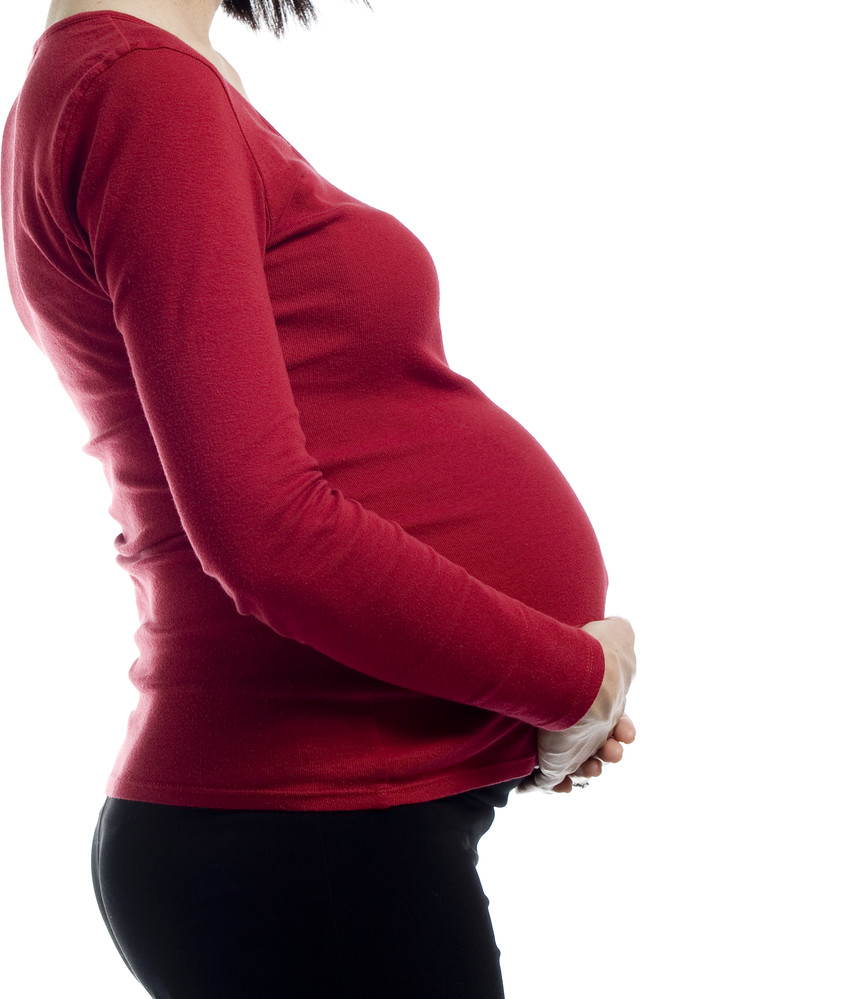 A staff member may access a period of paid and/or unpaid Parental or Adoption Leave, subject to approval in accordance with University procedures.
A staff member may access a period of paid and/or unpaid Parental or Adoption Leave, subject to approval in accordance with University procedures.
The entitlements to paid and unpaid Parental and Adoption Leave are the same for multiple births or adoption as they are for a single birth or adoption.
In addition, staff may also be eligible for:
- Pre-Natal Leave and/or Partner Pre-Natal-related Leave
- Pre-Adoption Leave
The policy outlines full details of paid and unpaid leave options as well as other leave entitlements, transfer to safe job during pregnancy, keeping in touch days and options for returning to work.
UQ Breastfeeding Network
The purpose of the UQ Breastfeeding Network is to provide a support network for parents on campus who are breastfeeding, and is open to staff and students. The UQ Breastfeeding Network aims to provide an opportunity for women who are breastfeeding, who have breastfed or have an interest in breastfeeding, to meet other women in the same position.
The program aims to provide a network that will support to each other, provide advice and information about breastfeeding and provide feedback on the quality of the services and facilities available for parents who breastfeed on campus.
UQ Parenting & Family Support Centre
 The Parenting and Family Support Centre (PFSC) is a specialist family intervention research and training facility within the School of Psychology at The University of Queensland. Their mission is to promote the health and wellbeing of families and children by conducting research and training, and by providing clinical services based on scientifically validated methods of family intervention.
The Parenting and Family Support Centre (PFSC) is a specialist family intervention research and training facility within the School of Psychology at The University of Queensland. Their mission is to promote the health and wellbeing of families and children by conducting research and training, and by providing clinical services based on scientifically validated methods of family intervention.
The primary aim of the PFSC is to prevent behavioural and emotional problems in children by enhancing the skills and confidence of parents and by addressing family risk factors known to contribute to adverse developmental outcomes in children. The PFSC's primary research and clinical activities revolve around its Triple P - Positive Parenting Program.
Other Useful Resources
- UQ 'Preparing for Parental Leave'
- Parking Permits during Pregnancy
- RHD Leave & Interruptions
- UQ Childcare Facilities
- Australian Government Parental Leave Pay Scheme
- Australian Government Resources for Parents

